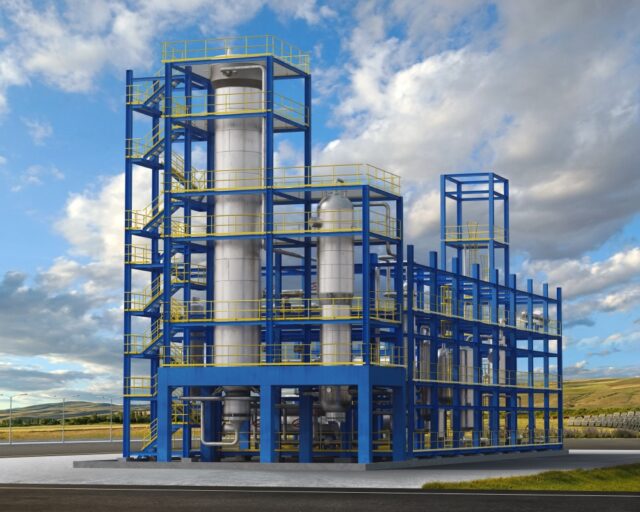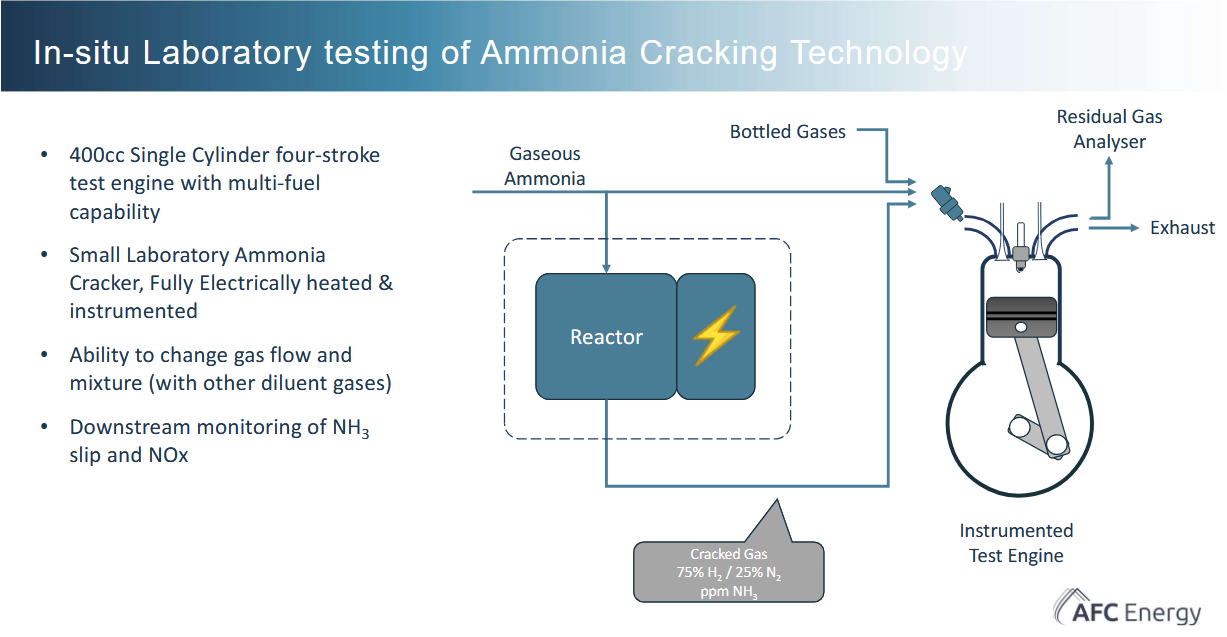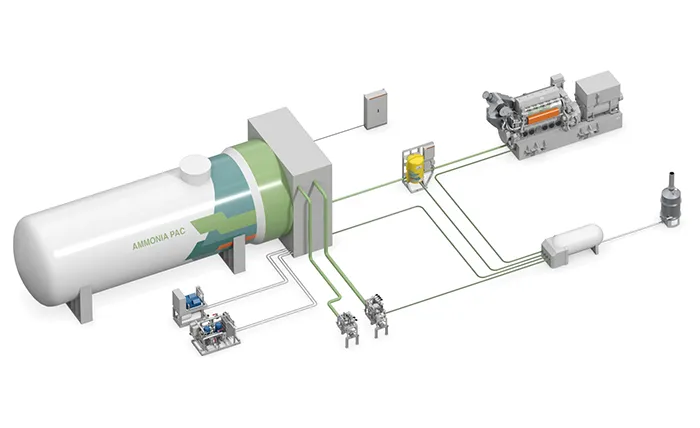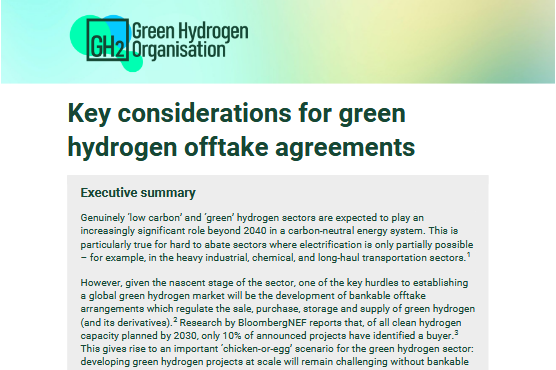IMO moves forward with interim guidelines for ammonia fuel use
Approval of interim guidelines for the use of maritime ammonia fuel is anticipated at an upcoming IMO committee meeting in December, giving the shipping industry its first international standard for the safe operation of vessels using marine ammonia fuel.








